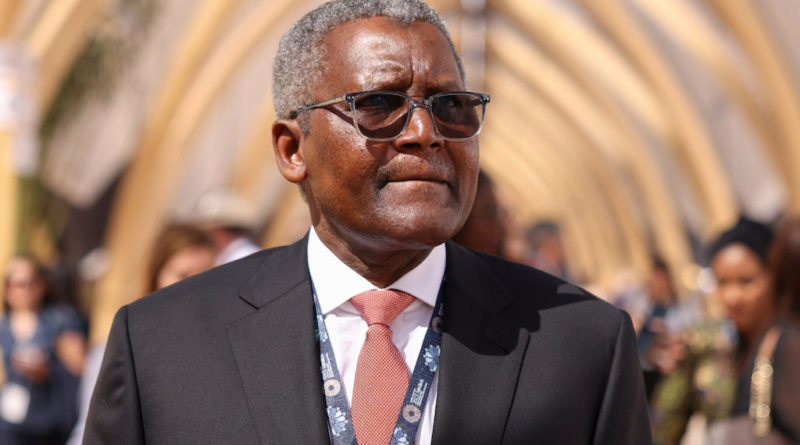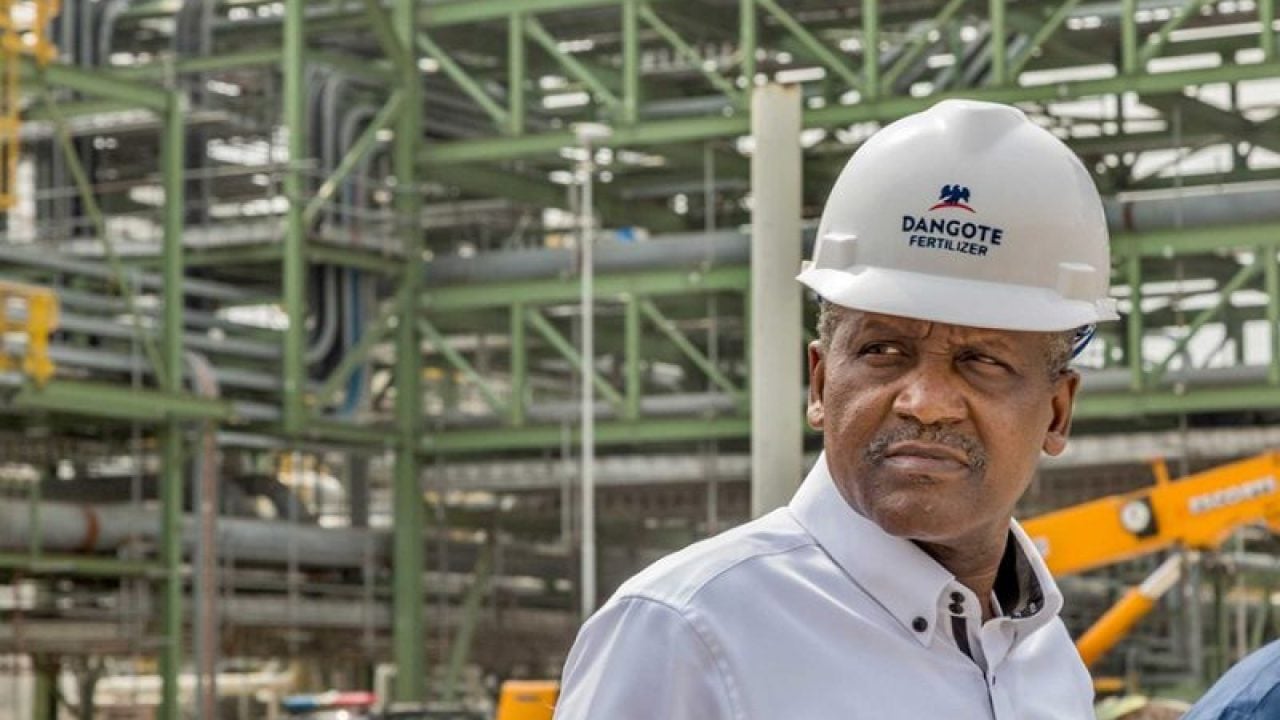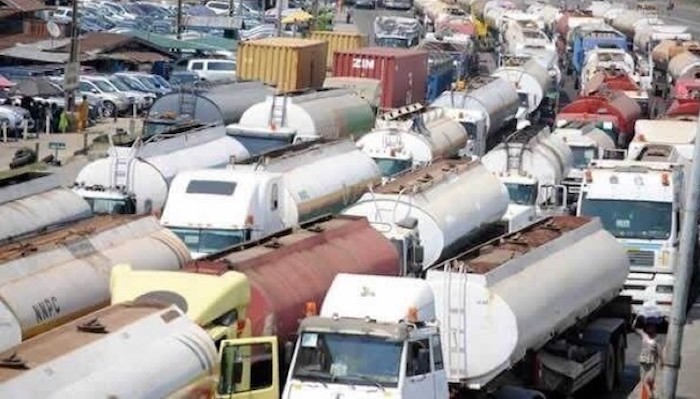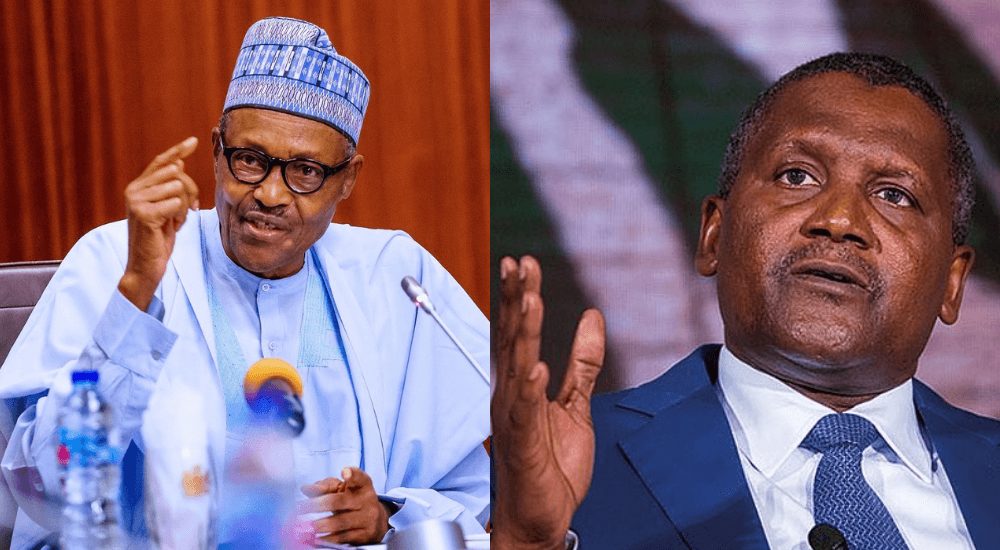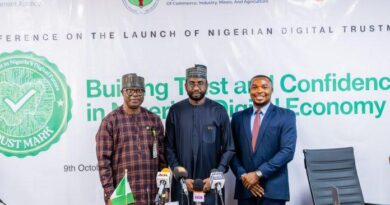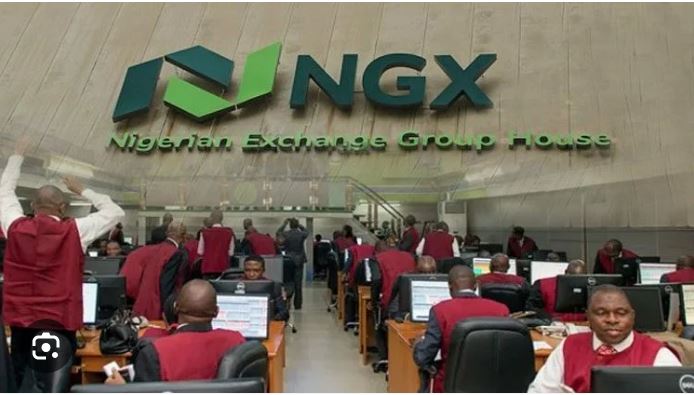Dangote Says Fuel Is Cheaper to Load from Lomé Than Nigeria
Aliko Dangote, President of the Dangote Group, has voiced serious concerns over the logistics and regulatory challenges facing his $20 billion Lekki refinery. Speaking at the Global Commodity Insights Conference in Abuja, Dangote revealed that it is currently more expensive for oil marketers to lift refined petroleum products from his facility than from offshore depots in neighbouring countries such as Togo.
He attributed this situation to multiple layers of charges imposed both at the loading point (Lekki Port) and at the discharge point within Nigeria. By contrast, fuel loaded from the Lomé Floating Storage Terminal in Togo only incurs fees at the discharge point, making it significantly cheaper despite the added distance.
“This is simply unfair and unsustainable,” Dangote said. “Domestic marketers are paying port-related charges twice—at loading and offloading—while importers using offshore storage facilities like Lomé face less cost.”
These additional charges are now deterring marketers from buying locally refined products and instead pushing them toward cheaper, sometimes lower-quality imports. Dangote warned that this undermines the goals of achieving fuel self-sufficiency and reducing foreign exchange outflows due to fuel imports, which still account for roughly 69% of Nigeria’s refined petroleum consumption.
An industry insider told The PUNCH that these high logistics costs are already being felt by marketers attempting to lift products from the refinery, reducing its price competitiveness.
However, the Independent Petroleum Marketers Association of Nigeria (IPMAN) offered a slightly different view. Its National Publicity Secretary, Chinedu Ukadike, said that most local marketers don’t face these charges since they load directly from the gantry at the refinery. He clarified that the issues raised likely affect marketers using coastal routes to distribute products, especially those operating internationally.
“It is easier to use vessels within Nigeria,” Ukadike said. “The international clearances and multiple layers of charges are avoided. So for domestic distribution, it’s better to lift from the Dangote refinery.”
Adding to the growing tension, the Depot and Petroleum Products Marketers Association of Nigeria (DAPPMAN) accused Dangote Refinery of adopting pricing and supply strategies that hinder fair competition. During a panel session at the same conference, DAPPMAN Executive Secretary Olufemi Adewole claimed that access to the refinery’s products is restricted and lacks pricing transparency.
“Many marketers register but can’t access the product. You only see the price after you’re cleared and issued a proforma invoice. It feels like a closed market,” he said, suggesting that the refinery may favour select marketers.
Clement Isong, Executive Secretary of the Major Energy Marketers Association of Nigeria (MEMAN), echoed these concerns. He emphasized the need for regulatory oversight to ensure fair access and prevent the rise of a monopoly.
“Once one player starts dominating, we’re no longer talking about a market. The regulator must protect competition,” Isong warned.
As Nigeria continues its push for energy independence through local refining, the challenges around logistics, regulation, and market access raised by Dangote and other stakeholders highlight the urgent need for reforms. Without them, the country may struggle to realize the full benefits of its largest refinery project.

